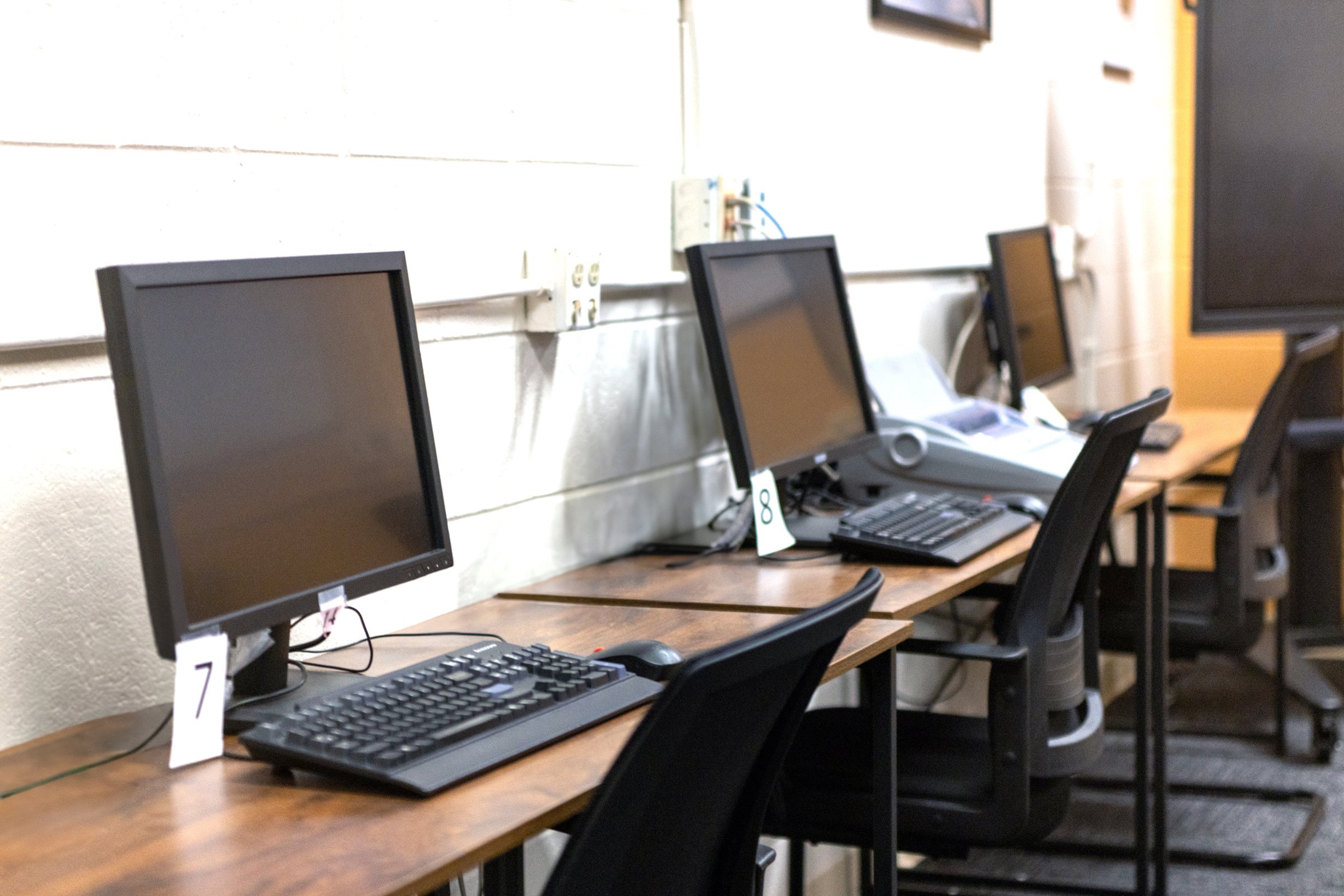
Through evidence-based reentry programming, CoreCivic equips residents to go further.
In fact, there is a new program joining CoreCivic's “Go Further” curriculum called Go Further Discovery, a learning management system for residents that teaches everything from general academics to technical skills to overcoming substance abuse and finding inspiration through religious faith.
Matt Moore, senior director of Reentry Services at CoreCivic, said Go Further Discovery is designed to adapt to a variety of learning styles and how different people respond to educational materials.
“It’s important because not everyone learns the same way,” said Moore. “Not everyone changes in the same way.”
Under the program, a facility is furnished with 20 to 25 laptop computers, usually in a computer lab environment or classroom. An open lab period is offered three days a week, during which residents can sign up for asynchronous learning sessions during a two-and-a-half hour time frame.

Sometimes they might choose to learn things that interest them, and at other times the learning modules might be assigned to them by a CoreCivic staff member or caseworker based on the person’s needs or areas for improvement. A class monitor keeps an eye on things while students engage with the content, which is delivered through an internal system. The system is internet-enabled but with guardrails for safety and security.
CoreCivic first piloted Go Further Discovery in 2023 at five facilities using a learning management system provided by a vendor.
“We liked it, liked the idea, and what we decided to do going into 2024 was to create our own learning management system,” said Moore.
The new system uses an educational platform supplied by the open-source software vendor Moodle, which is used widely in classrooms across the United States. Now, the Reentry Services team plans to make the program available at 16 of CoreCivic’s correctional facilities.
Like other Go Further programs, the goal is to help residents improve themselves and their lives as they prepare to reenter their communities.
“This allows us to offer good programs in different ways that people learn differently,” he said. “It’s linked to an evidence-based principle called responsivity.”
